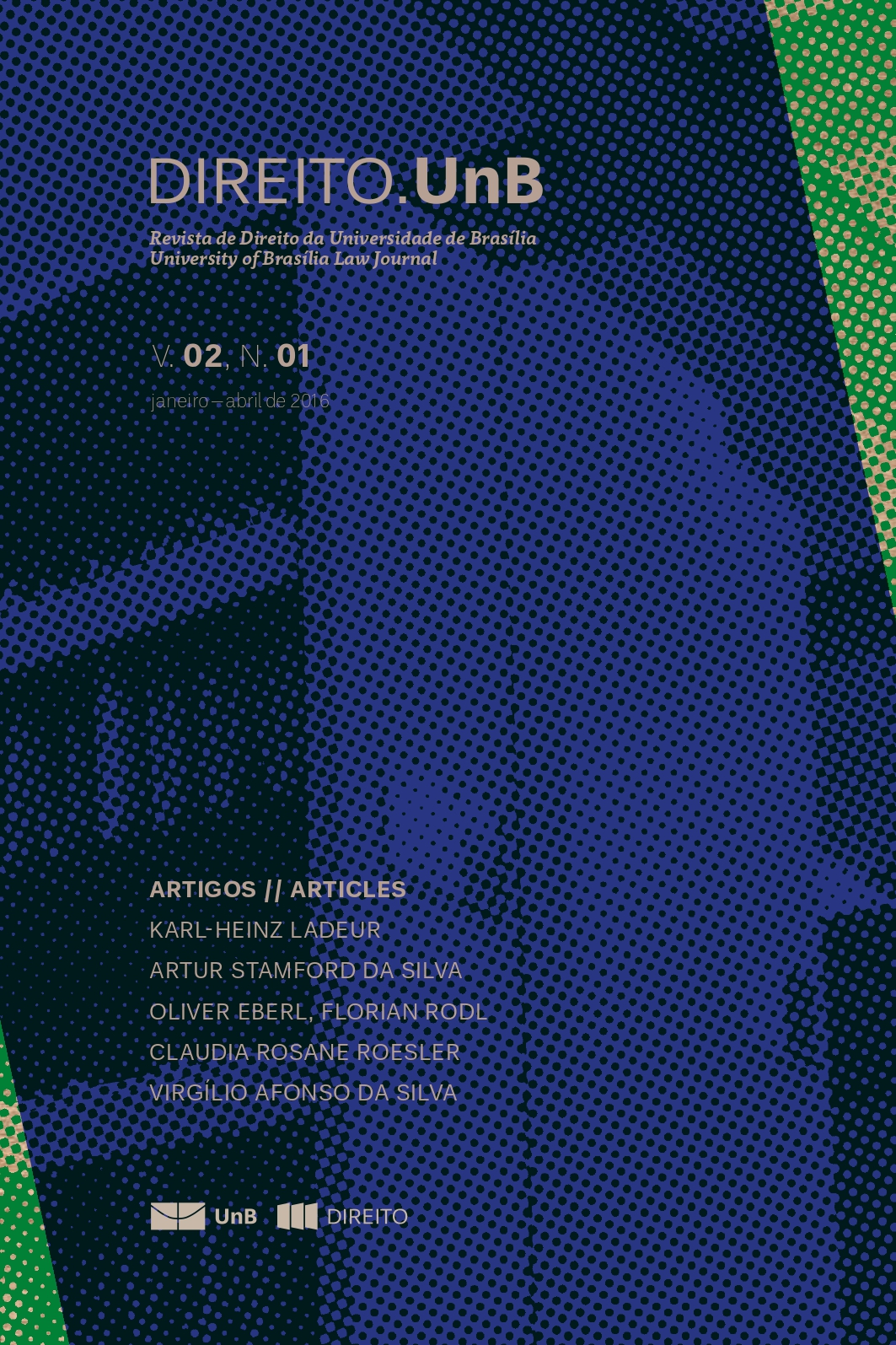Between the paroxysm of reasons and no reason at all: paradoxes of a legal practice
Keywords:
Legal Argumentation, superior courts, argumentation theory, rationalityAbstract
An analysis of court decisions of the Brazilian Superior Courts, according to the theoretical instruments of the Theory of Legal Argumentation, indicated a substantial deficit of rationality in the justifications produced by the judges on the reasons grounding their decisions. There is a notable difficulty in clearly establishing the links between the decision taken and the reasons behind it, as well as in associating it with other elements of the legal order (general rules and jurisprudential standards). Institutional and historical conditionings can serve as plausible explanations for this scenario, and the present article seeks to explore, even if only initially, some of the hypotheses to explain this characteristic of the Brazilian argumentative practice.
-------------------------
Result of the analysis made on the research project financed by CNPq, named “Legal Argumentation and Rational Control: The ‘state of the art’ of justification in the legal decisions of the Brazilian superior courts”. English translation by Caio Martino.
Downloads

Downloads
Published
How to Cite
Issue
Section
License
Copyright (c) 2016 Direito.UnB - Law Journal of the University of Brasília

This work is licensed under a Creative Commons Attribution-NonCommercial-NoDerivatives 4.0 International License.
Autores que publicam na Revista Direito.UnB concordam com os seguintes termos:
- Autores mantêm os direitos autorais e concedem à revista o direito de primeira publicação, com o trabalho simultaneamente licenciado sob a Licença Creative Commons - Atribuição-NãoComercial-SemDerivações 4.0 Internacional que permite o compartilhamento do trabalho com reconhecimento da autoria e publicação inicial nesta revista.
- Autores têm autorização para assumir contratos adicionais separadamente, para distribuição não-exclusiva da versão do trabalho publicada na Revista Direito.UnB (ex.: publicar em repositório institucional ou como capítulo de livro), com reconhecimento de autoria e publicação inicial nesta revista.
- Autores têm permissão e são incentivados a publicar e distribuir seu trabalho online (ex.: em repositórios institucionais ou em suas páginas pessoais) a qualquer momento após à definição do processo editorial.
- Autores concordam que, eventualmente, seus trabalhos poderão ser agregados pela Revista Direito.UnB às bases e sistemas de informação científica existentes (indexadores e bancos de dados atuais) ou que existam no futuro (indexadores e bancos de dados futuros). Os detentores dessas bases de dados terão a possibilidade de realizar as seguintes ações sobre o artigo:
- Reproduzir, transmitir e distribuir o artigo, no todo ou em parte sob qualquer forma ou meio de transmissão eletrônica existente ou desenvolvida no futuro, incluindo a transmissão eletrônica para fins de pesquisa, visualização e impressão;
- Reproduzir e distribuir, no todo ou em parte, o artigo na impressão;
- Capacidade de traduzir certas partes do artigo;
- Extrair figuras, tabelas, ilustrações e outros objetos gráficos e capturar metadados, legendas e artigo relacionado para fins de pesquisa, visualização e impressão;
- Transmissão, distribuição e reprodução por agentes ou autorizada pelos proprietários de distribuidoras de bases de dados;
- A preparação de citações bibliográficas, sumários e índices e referências de captura relacionados de partes selecionadas do artigo;
- Digitalizar e/ou armazenar imagens e texto de artigo eletrônico.





